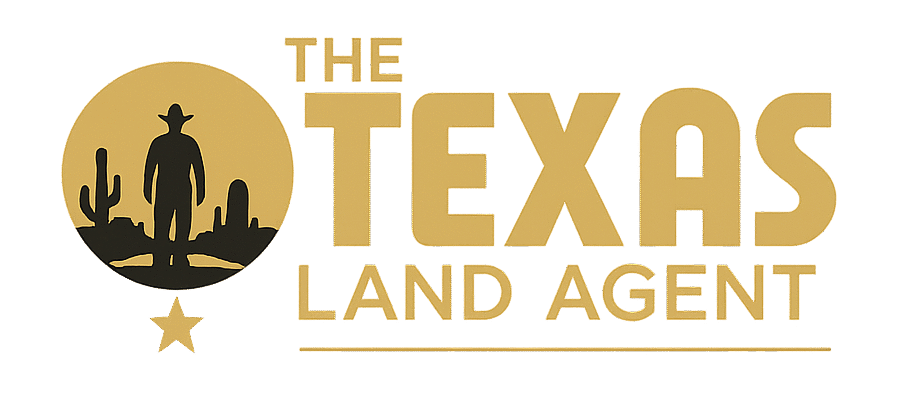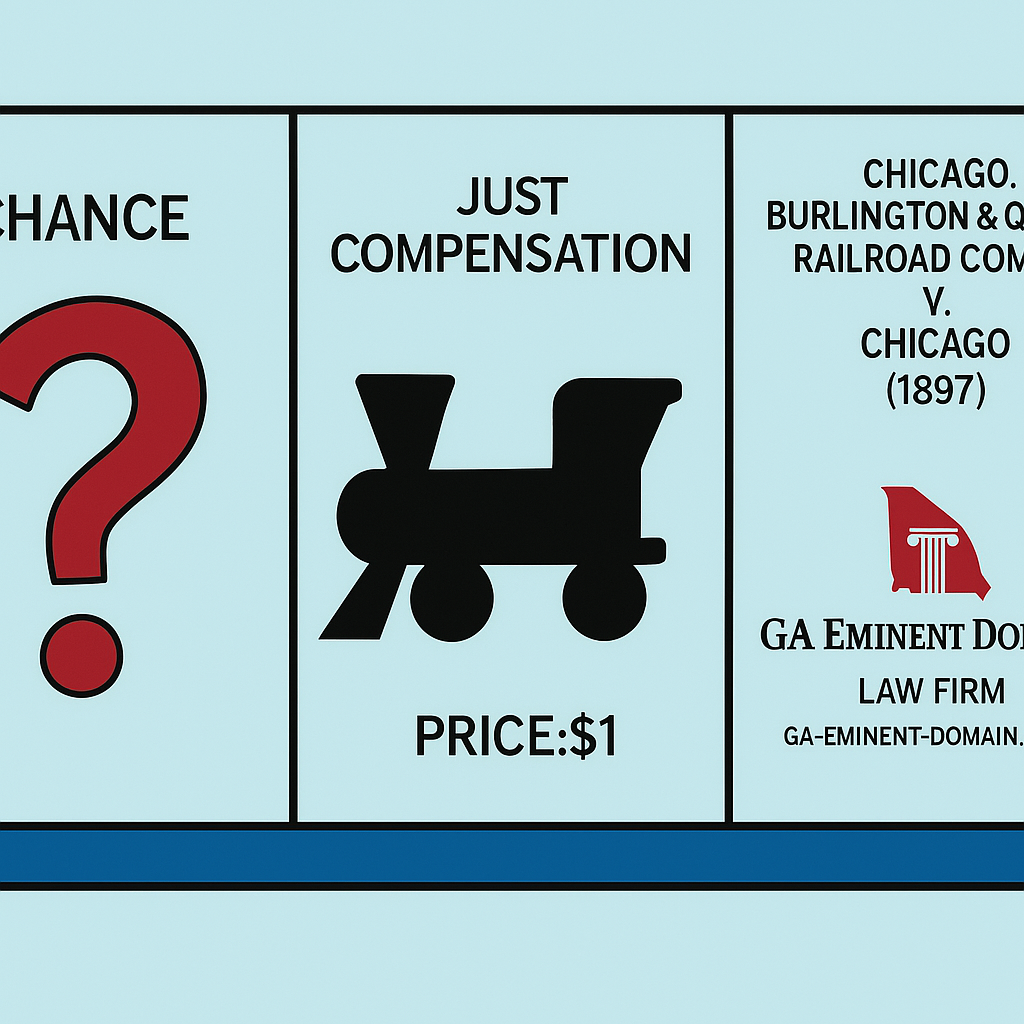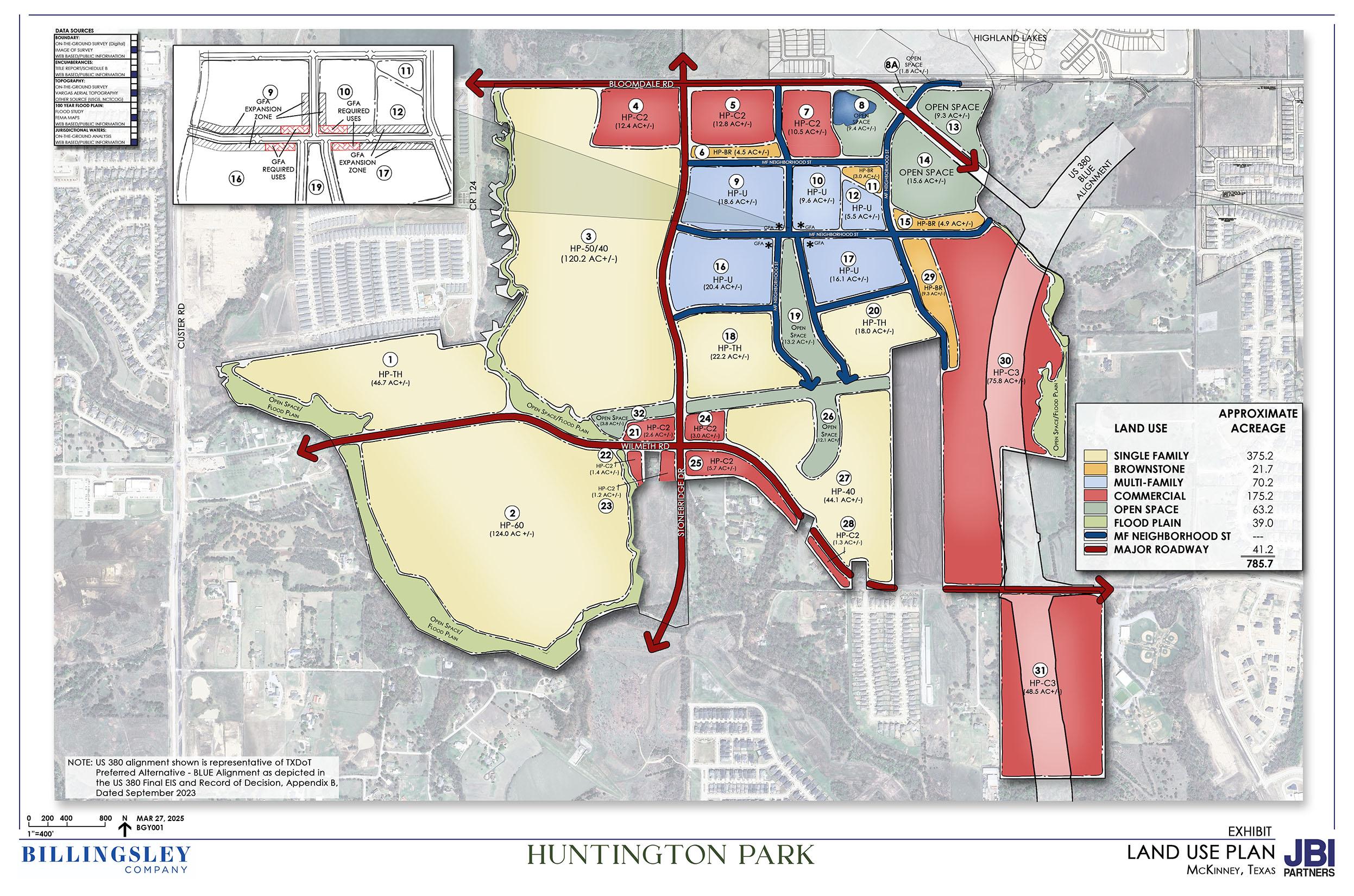If you own land in Texas, you may someday face an eminent domain case, where the government or certain companies take private property for public use. Understanding the appraisal process helps ensure you’re fairly compensated. Here’s what you need to know.
What is Eminent Domain?
Eminent domain allows governments and authorized entities to acquire private land for public use, like building roads or utility lines. Texas law requires landowners receive “just compensation”—typically the property’s fair market value.
Texas Eminent Domain Law Basics
Under Texas law, your land can only be taken for a legitimate public purpose. Entities must follow strict procedures, provide the Texas Landowner’s Bill of Rights, and make a “bona fide” offer based on a professional appraisal.
How is Your Property Valued?
Certified Appraisals
Entities must provide a written appraisal conducted by a certified appraiser. This appraisal determines your property’s fair market value—the amount it would sell for in an open market.
Highest and Best Use
Appraisers consider your property’s highest and best use, meaning its most profitable, legally permissible, and realistic use—not just its current usage. For instance, farmland near a developing area may be appraised for commercial value.
Valuation Methods
Appraisers typically use:
• Sales Comparison: Comparing recent sales of similar properties.
• Income Approach: Evaluating property based on potential income generation.
• Cost Approach: Estimating value based on replacing existing structures.
Partial Takings and Damage to Remaining Property
If only part of your property is taken, the appraisal must consider any resulting damage or reduced value to the remaining land. For example, if a road divides your land, the diminished value of the separated parcels must be included in compensation.
Handling Disputes Over Appraisals
Disagreeing with an appraisal is common. If you believe the valuation is too low:
• Hire Your Own Appraiser: Get a second opinion to challenge the initial appraisal.
• Negotiate: Present evidence of higher market values or overlooked features.
• Special Commissioners’ Hearing: A neutral panel reviews evidence and decides compensation.
• Court Appeal: If dissatisfied, you can appeal to a court trial, although this step involves additional costs and time.
Practical Tips for Landowners
• Always review appraisal reports carefully.
• Consider hiring independent experts early.
• Take your time; you don’t need to accept the initial offer immediately.
• Maintain thorough documentation of your property’s value, unique features, and market conditions.
Resources
• Texas Landowner’s Bill of Rights
• Texas Property Code – Eminent Domain
• Texas Constitution – Article 1, Section 17
Conclusion
Understanding the eminent domain appraisal process is crucial for protecting your property interests and ensuring fair compensation. Know your rights, seek professional advice, and remain proactive throughout the process.




